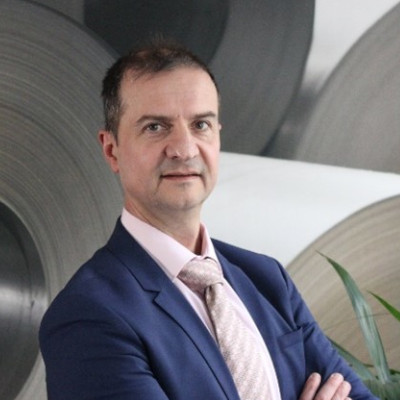
Santiago Oliver serves as the Sustainability and Innovation Director at UNESID (Spanish Steelmaking and Steel transforming Association). Previously, he has been involved in the development of EU and Spanish legislation concerning ferrous slag and circular economy practices since 1998 .
Santiago is a member of the Spanish Standardization Committees and a member of the board at Euroslag.
He has coordinated numerous conferences, incluiding Euroslag 2012, seminars, and conducted sectoral studies on slags, and has actively promoted several research projects in this field. In 2017, Santiago participated in the initiation of a request for a Spanish by-product/End of Waste definition for ferrous slags, which is currently undergoing administrative processing.

Milena Ferrari currently holds the positions of Innovation Technician at UNESID (Spanish Steelmaking and Steel Transforming Association) and Technical Secretary of the Spanish Steel Technology Platform (PLATEA). With a degree in Environmental Engineering from the Pontificia Universidad Católica Argentina (Buenos Aires, Argentina), Milena’s professional trajectory has evolved towards the innovation sector. Initially focusing on agriculture, she has recently transitioned her expertise to the steel industry. Prior to her current roles, Milena gained experience in the energy sector, specializing in environmental regulatory compliance.
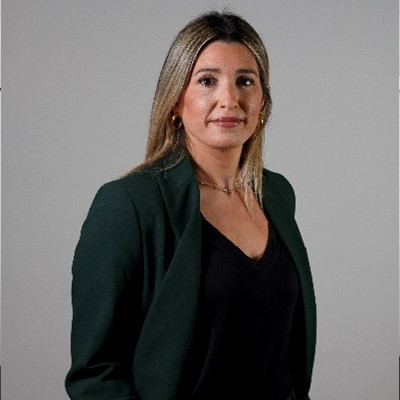
Cristina Bilbao, currently serving as the Head of Innovation at SIDEREX (Cluster Association of Steelworks), brings her expertise in material science engineering to spearhead technological and non-technological innovation projects within the organization. With a history of academic and industrial collaboration, Cristina’s focus lies in advancing powder metallurgy and driving innovation in steelworks.
Previoulsy, she has worked as a researcher at CEIT Research Center, within the Materials and Manufacturing division in the group dedicated to the development of powder metallurgy steels, combining at the same time industrial projects with her PhD in Material Science Engineer in “Sintering and dilatometry of powder metallurgical steels for shock absorber parts”
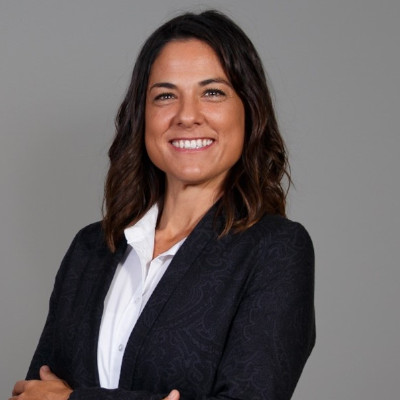
Amaia Arzadun, responsible for Environment and Energy at SIDEREX (Steel Cluster Association), brings over 16 years of sustainability experience in the industrial sector. Specializing in circular economy and decarbonization, Amaia provides environmental advice and technical services to steel mills in Basque Country. Her diverse background includes leadership roles in renowned companies such as COSENTINO, where she was head of Environmental Footprint and Life Cycle Assessment, and BUNGE IBÉRICA, where she became the Environmental Coordinator for Spain. Furthermore, Amaia extends her expertise to academia, serving as a mentor for the Circular Economy course offered by ESADE.
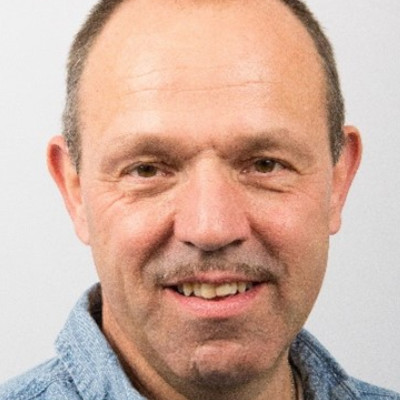
With a background in Ore Geology and Mineralogy, Hans Kobesen brings extensive expertise to the field of slag-related business, with a career spanning 39 years at Tata Steel. Since 2005, he has served as a Slag Expert, contributing significantly to the industry. Hans holds key roles as a member of the Euroslag Board, the Managing Board, the Scientific Board, and various working groups at the FEhS Institute in Germany. He also serves as the Convenor of the Working Committee for the registration of Iron and Steel slags under Reach.
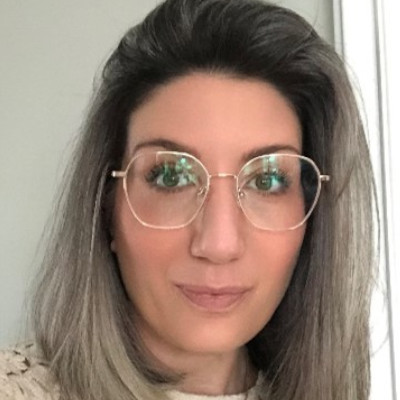
Marta Guzzon, PhD in Mechanical Engineering from Politecnico di Milano (Milan, Italy) in 2009, currently drives Circular Economy research at the Global R&D department of Tenova. With extensive experience in the steel sector, she joined Tenova in 2005 during her Ph.D. studies, focusing on LF slag valorization. Transitioning to roles as a Process Engineer and later as a Senior Scientist, Marta now spearheads Tenova’s Circular Economy research, emphasizing steel residues valorization. Marta is an active member of ESTEP (European Steel Technology Platform) in the Focus Group Circular Economy, AFIL (Associazione Fabbrica Intelligente Lombardia) in the De-remanufacturing strategic community and AIM (Associazione Italiana Metallurgia).

Anna Sokol studied geology at the University of Münster, Germany) with focus in Mineralogy/Geochemistry. She received her doctoral degree (Dr. rer. nat.) from the Institute for Planetology at the University of Münster, Germany. During her doctoral studies she worked on questions concerning the early solar system evolution by studying meteorites. Early 2009 she joined the FEhS-Institute and since December 2020, Anna Sokol is the head of the environment department. In her present role she is focusing on research related to iron slag formation, its mineralogy and chemistry as well as the environmental impact when being used in different applications. Finding new application areas for slag based products and monitoring regulations and environmental legislation as well as activities related to the REACH registration are further fields of works.
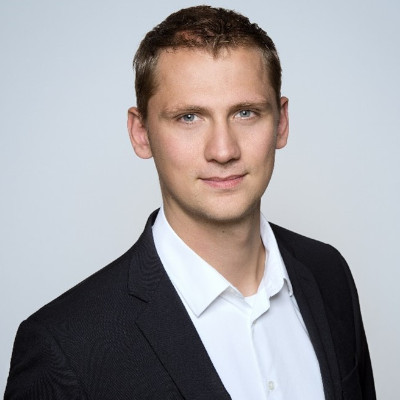
David Algermissen, studied mechanical engineering (focus on metallurgy) at university of Duisburg-Essen. He started working for FEhS – Building Materials Institute in 2013 as lab manager for metallurgical slag treatment. Since 2015 he is head of department secondary raw materials / slag metallurgy and manages several national and international research projects on the topics of slags, dust and other by-products.
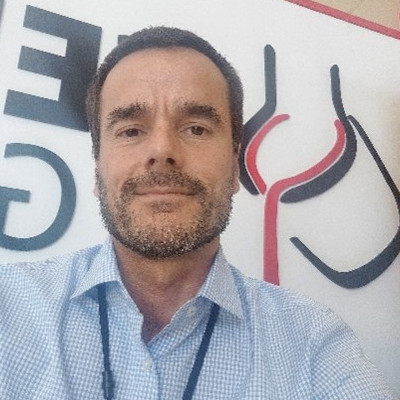
Head of By-products and Critical Raw Materials in Celsa Group. Has coordinated many projects to promote valorization and new applications for the steel by/co products in the different steel plants of the Celsa Group. Industrial engineer, working in the steel industry since year 2000 and in Celsa Group since 2003. Has developed different positions in the raw material purchasing, scrap recycling and valorization and steel industry by-products management.